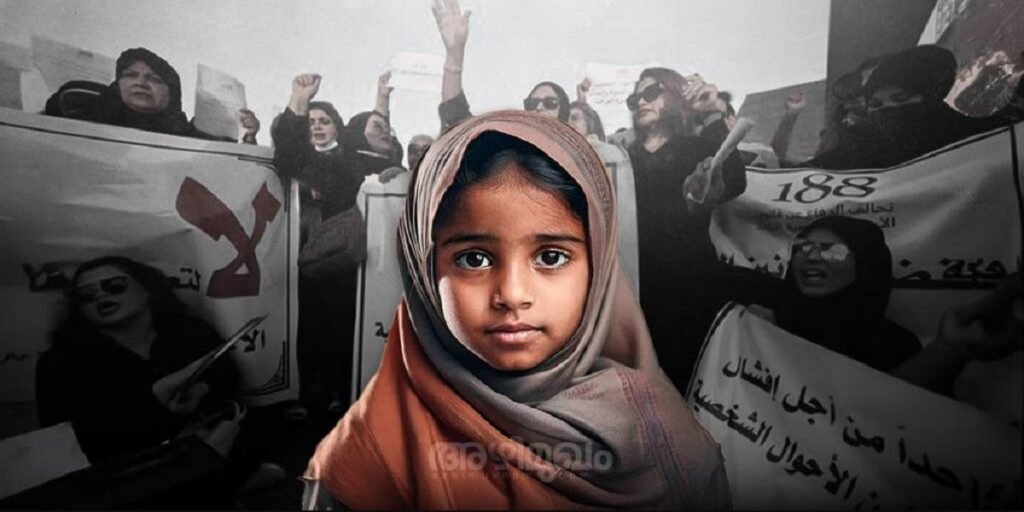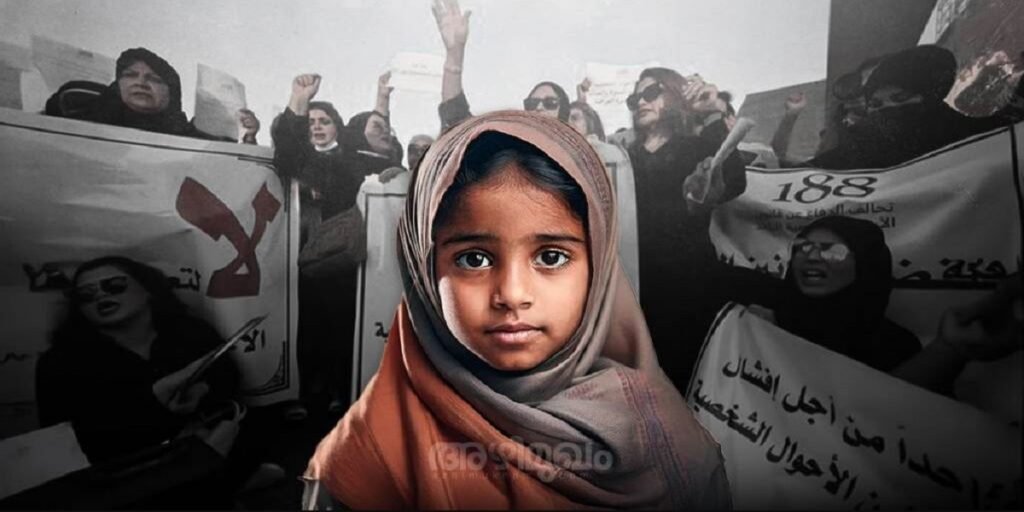In recent years, the Iraq child marriage law has sparked significant debate both domestically and internationally. This issue, which centers around the legal age of marriage for children in Iraq, raises questions about human rights, gender equality, and cultural norms. While child marriage is not unique to Iraq, the potential legalization and its implications have drawn attention from activists, government officials, and global organizations alike.
In this blog, we will explore the origins of Iraq’s child marriage law, its impact on Iraqi society, the international response, and what the future holds. We will also address common questions related to the law, offering insight into one of Iraq’s most pressing social issues.
The Background of Iraq’s Child Marriage Law
Child marriage has long been a contentious issue in Iraq. While the country has seen progress in many areas of women’s rights, the legal framework surrounding child marriage remains complex. In 2017, the Iraqi parliament proposed a bill that would allow girls as young as nine to be married with parental consent and under religious guidance. This proposal reignited a fierce debate within Iraq and garnered widespread condemnation from international organizations advocating for children’s rights.
Currently, the legal age for marriage in Iraq is 18. However, exceptions can be made for girls as young as 15 if parental and judicial consent is obtained. The proposed Iraq child marriage law would further lower the age limit, sparking concerns about the potential increase in forced and underage marriages, particularly in rural and conservative regions.
Cultural and Religious Factors Behind the Law
The Iraq child marriage law is deeply intertwined with cultural and religious beliefs. Iraq is a predominantly Muslim country, and interpretations of Islamic law (Sharia) play a significant role in shaping legal policies. Some conservative religious factions argue that Islamic traditions allow for the marriage of young girls once they reach puberty, making it acceptable to lower the legal age of marriage.
However, this view is not universally accepted within Iraq. Many secular and progressive Iraqis, along with human rights organizations, argue that child marriage violates fundamental human rights and puts young girls at risk of exploitation, abuse, and lifelong physical and psychological harm. The tension between traditional religious practices and modern views on human rights is at the heart of the debate over the Iraq child marriage law.
The Impact of Child Marriage on Iraqi Society
If enacted, the Iraq child marriage law would have far-reaching consequences for Iraqi society, particularly for young girls. Studies have shown that child marriage can lead to a variety of negative outcomes, including:
- Educational Disruption: Girls who marry at a young age are more likely to drop out of school, limiting their future opportunities for personal and professional development.
- Health Risks: Early marriage often leads to early pregnancies, which carry significant health risks for both the mother and the child. Young girls are more likely to experience complications during childbirth and face higher maternal mortality rates.
- Economic Consequences: Without access to education and professional opportunities, young brides are often financially dependent on their husbands, reinforcing cycles of poverty and limiting their ability to contribute to the economy.
- Gender Inequality: Child marriage perpetuates gender inequality by reinforcing traditional roles for women as wives and mothers rather than allowing them to pursue education, careers, and leadership roles.
The potential passage of the Iraq child marriage law has been met with significant opposition from women’s rights activists and international organizations, who argue that the law would set back decades of progress in improving the status of women in Iraq.
International Response to Iraq’s Child Marriage Law
The proposed Iraq child marriage law has attracted widespread international criticism. Organizations such as the United Nations, Human Rights Watch, and Amnesty International have voiced strong opposition to the law, arguing that it violates international human rights conventions, including the Convention on the Rights of the Child, to which Iraq is a signatory.
The United Nations has called on the Iraqi government to reject any law that would permit child marriage and to take steps to eliminate the practice entirely. Human Rights Watch has emphasized that child marriage is a form of gender-based violence and that it disproportionately affects girls, depriving them of their rights to education, health, and protection from harm.
Despite this international pressure, the Iraqi government remains divided on the issue. Some politicians and religious leaders support the law as a way to preserve traditional values, while others see it as a violation of human rights that would harm Iraq’s image on the global stage.
The Future of Iraq’s Child Marriage Law
As of now, the Iraq child marriage law remains a proposal, and its future is uncertain. The law has not been passed, but it continues to be a topic of heated debate within the Iraqi parliament and among the public. Many Iraqis are calling for the government to raise the legal age of marriage to 18 without exceptions, in line with international human rights standards.
There is hope that increased awareness and advocacy efforts will lead to more progressive policies on child marriage in Iraq. Women’s rights organizations in the country are working tirelessly to educate the public about the dangers of child marriage and to push for legal reforms that protect the rights of girls.

FAQs About Iraq Child Marriage Law
The current legal age for marriage in Iraq is 18. However, exceptions can be made for girls as young as 15 if parental and judicial consent is obtained. The proposed Iraq child marriage law would allow girls as young as nine to be married with parental and religious consent.
The Iraq child marriage law is controversial because it allows for the marriage of girls as young as nine, which many believe violates international human rights standards. Critics argue that child marriage puts young girls at risk of exploitation, abuse, and serious health issues, while supporters claim it aligns with certain religious and cultural traditions.
Child marriage can have devastating effects on young girls in Iraq, including interrupted education, increased health risks due to early pregnancies, economic dependency, and the reinforcement of gender inequality. These marriages often limit girls’ personal and professional development and leave them vulnerable to lifelong harm.
The international community, including organizations like the United Nations and Human Rights Watch, strongly opposes the Iraq child marriage law. They argue that it violates international conventions such as the Convention on the Rights of the Child and constitutes a form of gender-based violence against young girls.
Yes, there is hope for reform. Many Iraqis, including women’s rights organizations and progressive politicians, are advocating for the government to raise the legal age of marriage to 18 without exceptions. These advocates hope that increased awareness and international pressure will lead to positive changes in Iraq’s laws regarding child marriage.
conclusion
the debate over the Iraq child marriage law is far from settled. While some argue for the preservation of traditional values, others emphasize the importance of protecting the rights and well-being of young girls. As Iraq continues to grapple with this issue, it is crucial that the voices of those most affected by the law—young girls—are heard, and that the country moves toward a future where all children are protected from the harms of early marriage.
